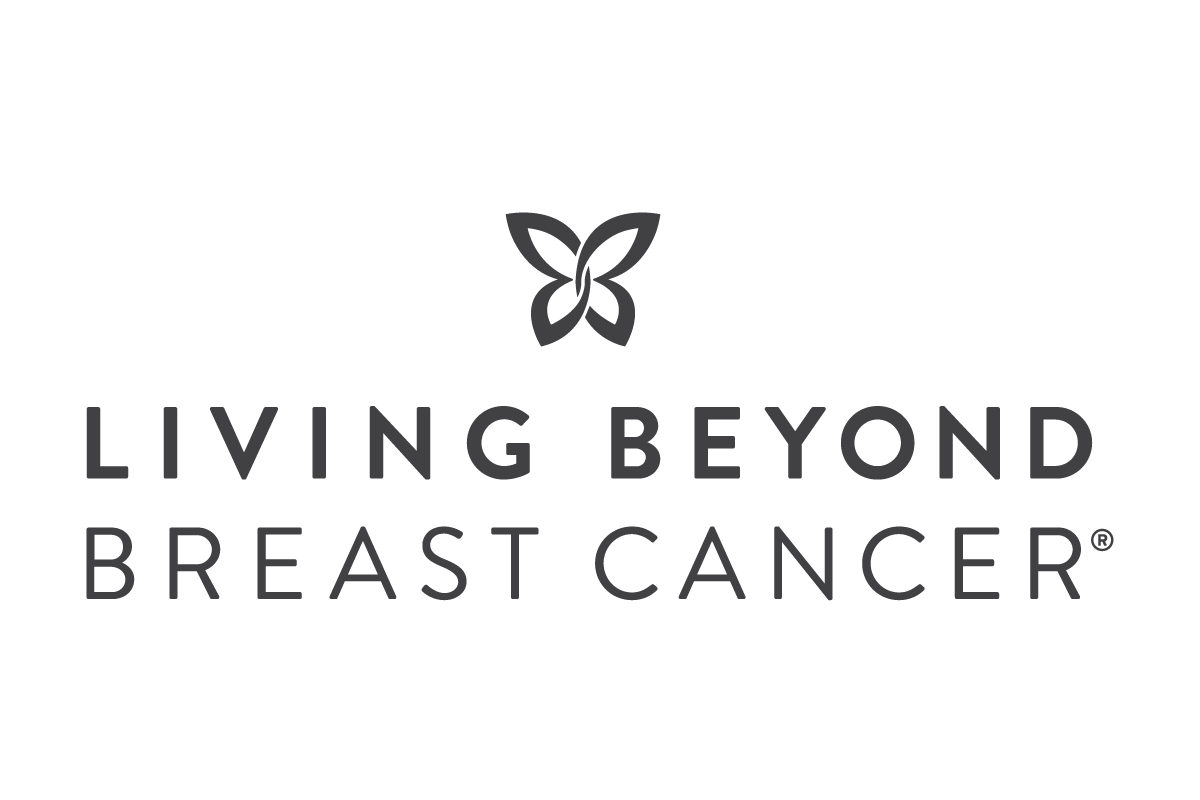FDA Approves First Direct-to-Consumer Genetic Test for BRCA Mutations
- 04/19/18
23andMe at-home genetic test can now look for three BRCA mutations most common in people with Ashkenazi Jewish heritage
For the first time the U.S. Food and Drug Administration has approved an at-home genetic test to look for mutations on the BRCA1 and BRCA2 genes, which raise the risk of developing breast cancer. The test, offered by the company 23andMe, can be sent directly to people without a doctor’s recommendation.
The FDA approval only includes three specific mutations within the BRCA genes. These specific mutations are more common in individuals with Ashkenazi Jewish background. This means that the large majority of BRCA mutations in the general population will not be detected by this test.
Background
Carrying a mutation in certain genes increases the chance that you will be diagnosed with breast cancer. There are two genes most commonly associated with a higher risk of breast cancer: BRCA1 and BRCA2. Researchers have identified a number of mutations, or changes, in these genes that get passed from parent to child and that cause this higher risk. In addition to raising the risk of a first breast cancer diagnosis, these mutations are associated with a higher risk of developing a second breast cancer, and also with a higher risk for certain other cancers, such as ovarian cancer in women and prostate cancer in men.
23andMe started offering tests for certain mutations on the BRCA 1 and BRCA 2 genes in 2010, but stopped in 2013 after the FDA sent a warning that it must first get the agency’s approval. Typically, people who want genetic testing for breast cancer have to go through a doctor or genetic counselor and often have to show a family history of breast cancer for their provider to recommend testing.
Making genetic tests available without the involvement of medical professionals, and allowing companies to send test results directly to people who take them, has been controversial. Learning you have a higher breast cancer risk and knowing what you can do about it can come with a significant amount of stress, and questions about what to do next are often best answered with help from healthcare professionals who have training and experience in genetic testing.
The Approval
With the March 6 announcement from the FDA, 23andMe is the first company to offer an FDA approved breast cancer genetic test to people without a doctor’s recommendation. The test itself will be offered as part of their test on health-related genetic information. You swipe the inside of your cheek with a provided swab and mail it back to the company as directed. Results come directly back to you in a few weeks and, according to a press release from 23andMe, you only get BRCA mutation results if you request them. Having a mutation in the BRCA1 or BRCA2 gene (included on the test) can lead to a higher risk of breast cancer, as well as ovarian cancer (for women) and prostate cancer (for men).
The FDA says the test showed accurate, reproducible results, but the approval has conditions. The company must clearly give consumers information on the limits of the test along with other information to ensure people get the proper care and guidance they need with their results.
Limits
There are several different genes that may be linked to breast cancer risk and thousands of possible mutations across these genes that raise cancer risk. Researchers also know there are other gene mutations linked to breast cancer risk that haven’t yet been identified.
The 23andMe test approved this month only looks for three possible mutations out of over 1,000 on the BRCA genes alone. These three mutations are most common in people of Ashkenazi Jewish heritage, people who descend from a Jewish culture in Central and Eastern Europe. But they are not the most common BRCA mutations in the general population. Therefore, a negative 23andMe result does not rule out the possibility that you carry a mutation in the BRCA genes.
Confirming Results
It’s possible you may have one of the many other BRCA mutations even if your 23andMe test results come back negative. Or, you could test negative for a BRCA mutation, but have a mutation on one of the other genes with a link to breast cancer risk the 23andMe test doesn’t look for. Those with a strong family history of breast cancer should speak with a genetic counselor or other health care provider about more extensive testing options.
A positive result — one showing you do have one of the three mutations included in this test — is more telling, but the FDA emphasizes that you should take the information to your doctor for a follow-up test to confirm the results and to receive guidance on what your risk is and what actions you can or should do to lower it.
What This Means for You
The FDA approval means another, and easier, option for learning about genetic risk, but the information available from this test is limited. Only three mutations out of over 1,000 possible on the BRCA genes are tested for, so while a positive can be informative, a negative result reveals very little about your cancer risk.
Most cases of breast cancer are not linked to inherited genes, as 23andMe points out in their press release about the FDA approval. This is why doctors and genetic counselors only recommend certain people – those with strong family histories of breast cancer or certain disease factors – have genetic testing.
The 23andMe test is most likely to find mutations in people of Ashkenazi Jewish heritage. But people with this background are already more likely than the general population to have inherited a gene mutation linked to breast cancer and are often recommended genetic testing by a doctor. The 23andMe statement says many people may not know that they have Ashkenazi Jewish heritage. The company says having this test available and as part of their general health screenings means a chance to inform people who do not know or aren’t sure of their ancestry.
Some are concerned about moving this process out of the hands of doctors and genetic counselors. And the FDA cautions that people should go to a medical professional to put the information in context.
“Most BRCA mutations that increase an individual’s risk are not detected by this test,” Donald St. Pierre, acting director of the Office of In Vitro Diagnostics and Radiological Health in the FDA’s Center for Devices and Radiological Health, said in the FDA statement. “The test should not be used as a substitute for seeing your doctor for cancer screenings or counseling on genetic and lifestyle factors that can increase or decrease cancer risk.”
If you are concerned about your risk of breast cancer, a doctor or genetic counselor can help look at risk factors and recommend a more complete test of known mutations with breast cancer risk. They can explain if and how your results change what you should do about your risk of a first or second breast cancer.

